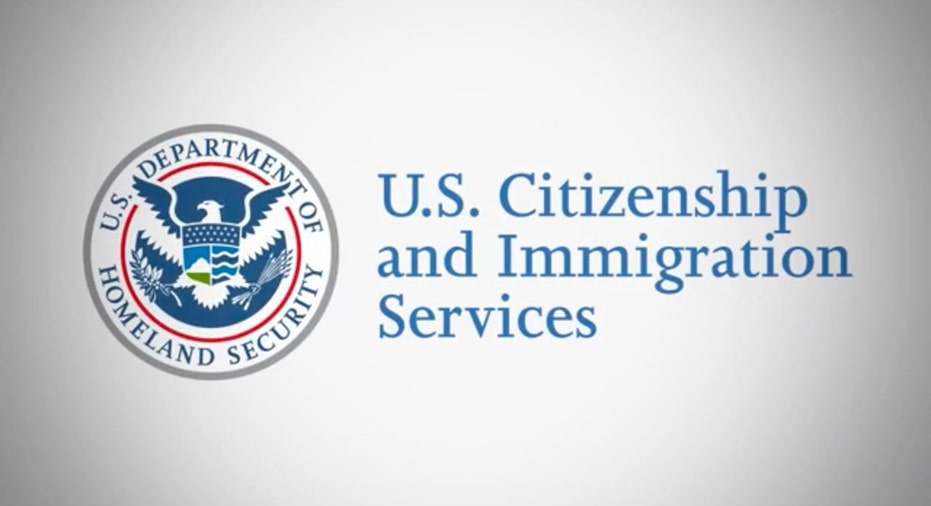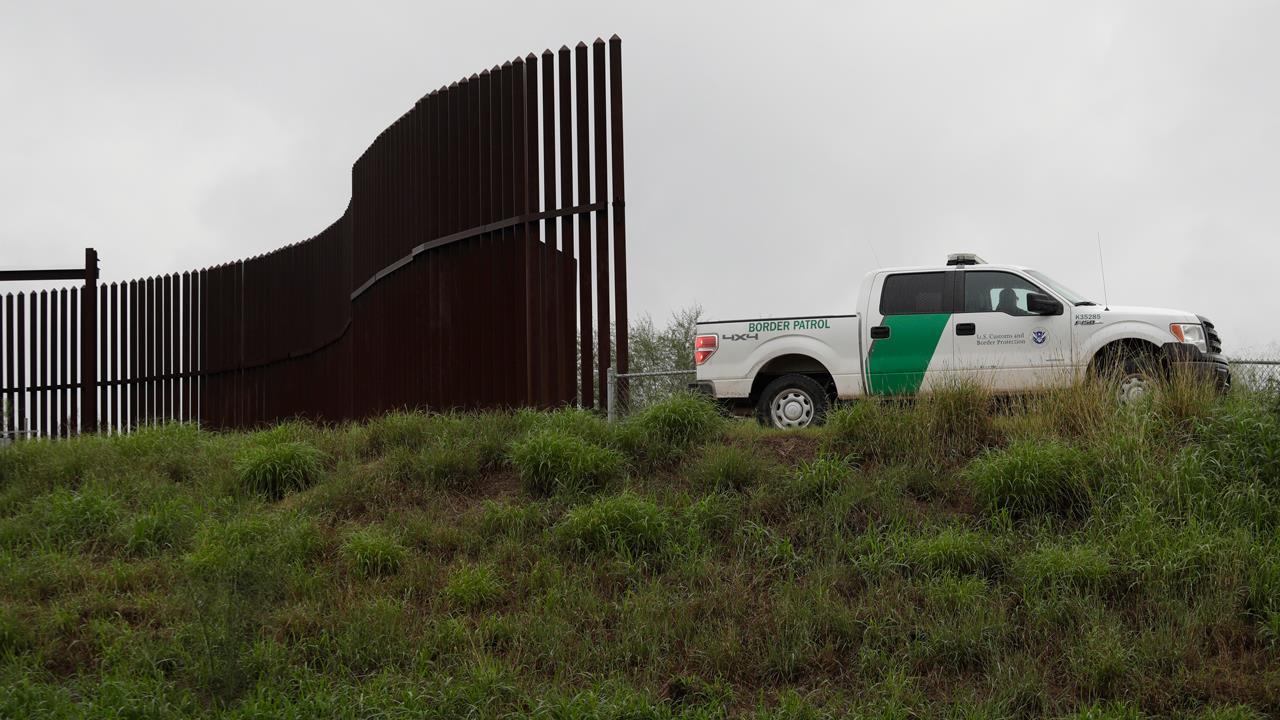Feds order shut down of Vermont immigrant investor center

MONTPELIER, Vt. – U.S. Citizenship and Immigration Services has ordered Vermont to close its immigrant investor regional center following alleged fraud at Jay Peak ski resort involving millions of dollars.
The state plans to appeal the decision.
While the state agrees with closing the center, the governor's administration thinks the best way is to wind down the operations gradually to protect investors and jobs, state officials said Monday.
There are currently about 900 approved regional centers aimed at helping foreigners obtain permanent residency by investing in job-creating developments in the U.S. through the EB-5 visa program.
But the EB-5 visa program has been linked to fraud cases involving more than $1 billion in investment in recent years. About 240 regional EB-5 centers across the country have been terminated for either failing to submit required information to U.S. Citizenship and Immigration Services or no longer serving the purpose of promoting economic growth, according to the USCIS website.
In Vermont, EB-5 projects have contributed tens of millions of dollars in economic development, including current construction at the Mount Snow ski area in southern Vermont and recently completed work at a Jay Peak project, said Michael Schirling, secretary of the Vermont Agency of Commerce and Community Development.
"The wind-down plan allows that money to remain invested in Vermont and preserves the many jobs that have been created," he said.
Jay Peak owner Ariel Quiros and former Jay president William Stenger were accused in 2016 of misusing more than $200 million raised from foreign investors through the EB-5 visa program for developments at or near the resort. Quiros has reached an $81 million settlement with the Securities and Exchange Commission. Stenger has agreed to pay a $75,000 penalty.
USCIS told the state last August that it intended to close the EB-5 regional center because it failed to properly manage, monitor and oversee EB-5 projects. The USCIS noted other deficiencies: the diversion of investor funds from job-creating projects, including for Quiros' personal use; the misrepresentation of projects and prospects for success to both investors and the USCIS; and the negative effects on future projects.
The diversion of funds caused some funding shortages for certain projects and jeopardized some investors' eligibility for permanent residency because an insufficient number of jobs were created, the USCIS said.




















